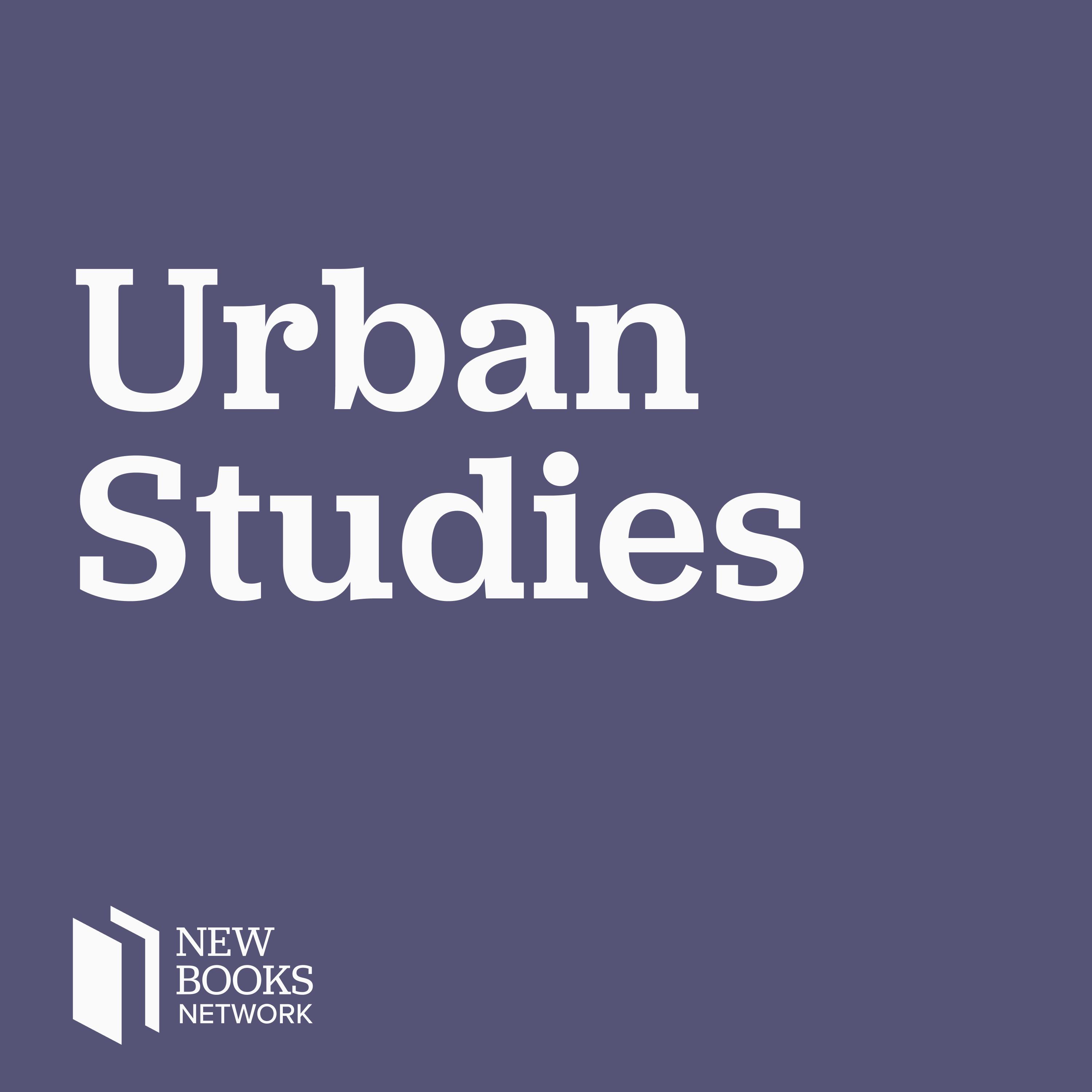Lisandro Perez, “Sugar, Cigars and Revolution: The Making of Cuban New York” (NYU Press, 2018)
Description
A new book reveals an incredible slice of Cuban-American history that’s been all but forgotten until now. Lisandro Perez‘s Sugar, Cigars and Revolution: The Making of Cuban New York (NYU Press, 2018) tells the story of a vibrant Cuban émigré community in 19th-century New York that ranged from wealthy sugar plantation owners investing their fortunes in New York real estate, to working-class Cubans rolling cigars in Lower Manhattan decades before the industry took hold in Tampa. Cubans in New York had their own businesses, newspapers, and clubs, and many were involved in the struggle to liberate Cuba from colonial Spain. Among those New York-based political activists was the great hero and poet Jose Marti, who lived most of his adult life here. In fact, says Perez, a professor at John Jay College of the City University of New York in the department of Latin American and Latino/Latina studies, New York was the most important city in the U.S. for Cubans until 1960, when of course Miami became the destination for Cubans fleeing communism.
This interview is part of an occasional series on the history of New York City sponsored by the Gotham Center at CUNY.
Beth Harpaz is the editor for the CUNY website SUM, which showcases books and research from the CUNY community.
Learn more about your ad choices. Visit megaphone.fm/adchoices
More Episodes
From Broadway to the Bronx: New York City’s History through Song (Intellect, 2024) tells the history of New York City in song across a variety of different genres that the city has been home to and instrumental in developing, covering everything from early twentieth-century sheet music to...
Published 11/25/24
Published 11/25/24
They call it Spanish Harlem or sometimes just El Barrio. But for over a century, East Harlem has been a melting pot of many ethnic groups, including Puerto Rican, Dominican, Cuban, and Mexican immigrants, as well as Italian, Jewish, and African American communities. Though gentrification is...
Published 11/20/24


